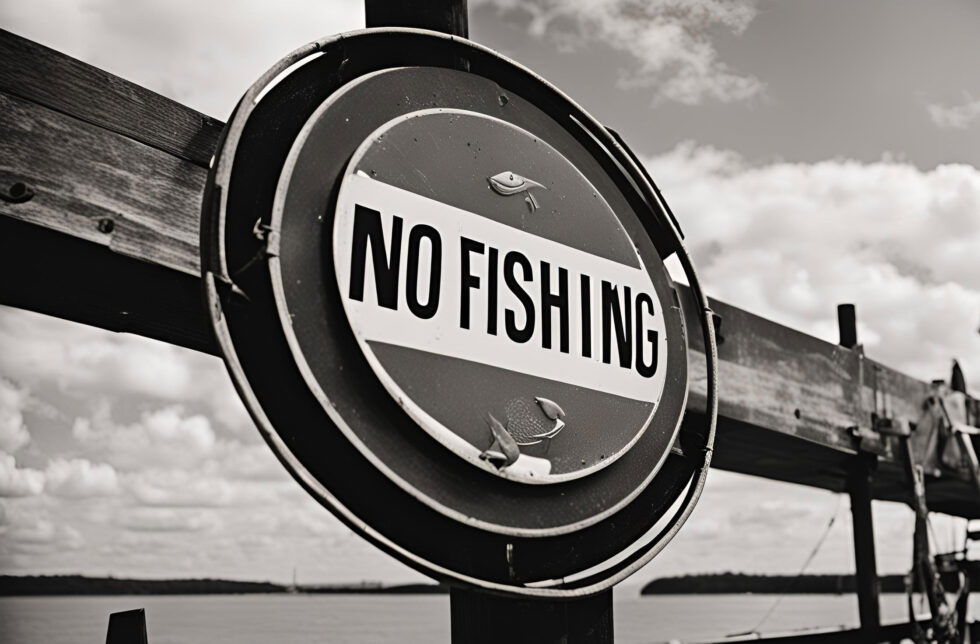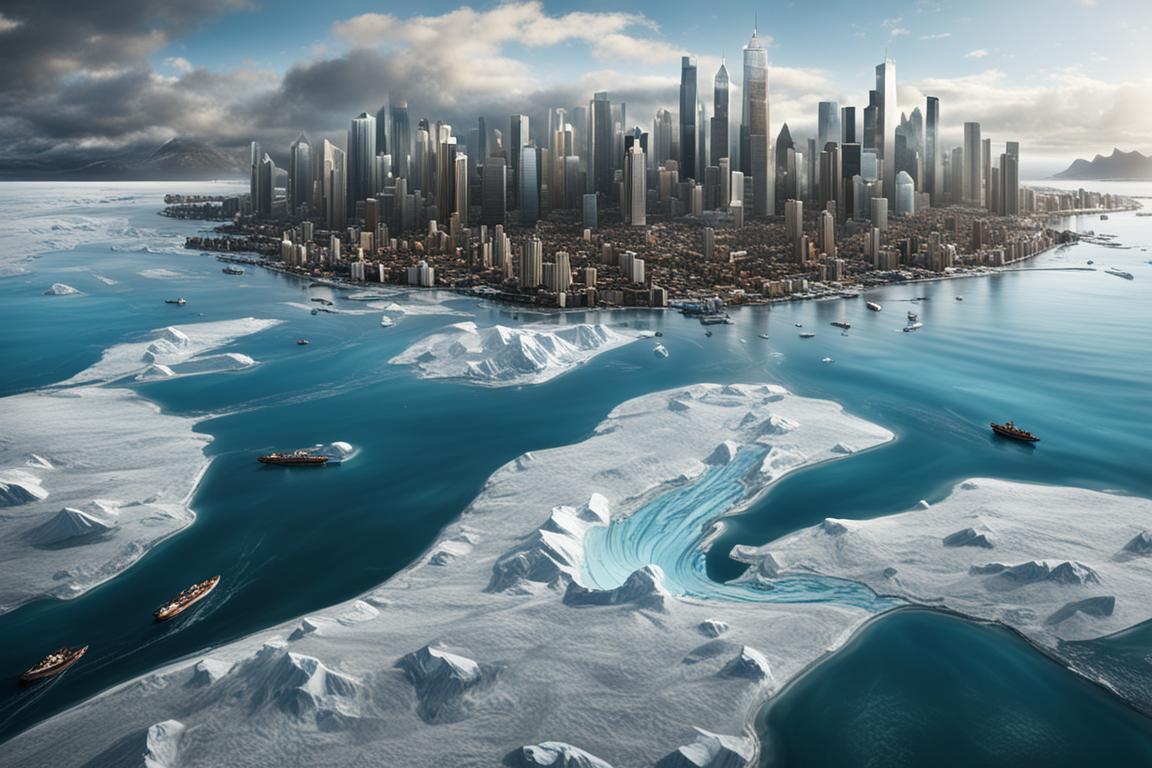
In the year 2035, a groundbreaking decision was made that would alter the course of human history: fishing was banned across the globe. The announcement came from the United Nations, citing the dire need to restore marine ecosystems and prevent the extinction of countless aquatic species. The decision was met with a mix of outrage, curiosity, and cautious optimism. Little did humanity know, this single decree would trigger a cascade of events that would reshape societies, economies, and the very fabric of human life.
At first, the ban was met with vehement protests from coastal communities whose livelihoods depended on the sea. Fishermen, seafood markets, and entire economies that thrived on the bounty of the oceans faced an uncertain future. Governments scrambled to provide alternative employment and financial aid, but the transition was anything but smooth. In the small fishing village of Porto Verde, once bustling with activity, the docks now lay silent. Boats that had once braved the waves for their daily catch were moored in neat rows, gathering dust and barnacles. The villagers, who had known no other way of life, found themselves adrift in a sea of uncertainty.
However, as months turned into years, the world began to adapt. Scientists and environmentalists, who had long advocated for the ban, worked tirelessly to restore the oceans. Marine sanctuaries were established, and underwater ecosystems began to flourish. Coral reefs, once bleached and lifeless, burst into vibrant colors, teeming with a diversity of life unseen for decades. The resurgence of marine life had a ripple effect, benefiting not only the environment but also the global climate. The oceans, healthier and more balanced, played a crucial role in regulating the Earth’s temperature and weather patterns.

As the years passed, the world witnessed an unexpected boon: the rise of aquaculture. With traditional fishing off-limits, innovative minds turned to sustainable fish farming. High-tech aquaponics systems, where fish and plants were cultivated in symbiotic environments, became the norm. These systems, which required minimal water and space, were established in urban centers, rural areas, and even arid regions. The technology spread rapidly, providing a steady supply of seafood without depleting the natural oceans. In Porto Verde, the villagers who once despaired found new hope. They transformed their fishing boats into floating farms, cultivating seaweed, shellfish, and fish in controlled environments. The village, once on the brink of collapse, became a model of sustainable living.
The ban on fishing also had profound cultural and social implications. Traditional seafood dishes, once staples of many cuisines, became rare delicacies. Chefs and food enthusiasts turned to plant-based alternatives and innovative recipes to recreate the flavors of the sea. Seaweed, algae, and other marine plants gained popularity, leading to a culinary revolution. Restaurants and food markets thrived on creativity, offering dishes that were both sustainable and delicious. The world began to appreciate the oceans not just as a resource to be exploited, but as a treasure to be cherished and protected.
In the grand tapestry of human history, the fishing ban of 2035 marked a turning point. It was a testament to humanity’s ability to adapt, innovate, and find harmony with nature. The oceans, once on the brink of collapse, became symbols of resilience and renewal. Coastal communities, though transformed, found new ways to thrive. The world, united by a common cause, discovered that the health of the planet and the well-being of its inhabitants were inextricably linked.




